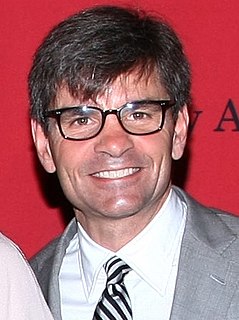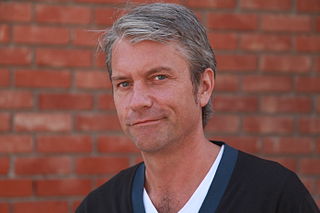A Quote by John Fowler
Today there are hundreds of millions of mobile devices, but you do have to know a bit about what each device is capable of doing in order to approach it as a developer.
Related Quotes
If you believe that the mobile phone is the next supercomputer, which I do, you can imagine a datacenter that is modeled after, literally, hundreds or thousands or millions of mobile phones. They won't have screens on them, but there'll be millions of lightweight mobile-phone processors in the datacenter.
There are a score of great religions in the world, each with scores or hundreds of sects, each with its priestly orders, its complicated creed and ritual, its heavens and hells. Each has its thousands or millions or hundreds of millions of true believers each damns all the others with more or less heartiness - and each is a mighty fortress of graft.
I'm excited about mobile; clearly that's important. Mobile devices are kind of at the opposite end of PCs, in that PCs are pretty open and you can do a fair amount with them, but many mobile devices aren't. We're excited at the idea that we can make the same kind of contribution in the mobile space. So that's one thing coming down the pike.
Now with our Software Developer Kit (SDK), any developer can embed Emotion AI into the apps, games, devices, and digital experiences they are building, so that these can sense human emotion and adapt. This approach is rapidly driving more ubiquitous use of Emotion AI across a number of different industries.
My approach to 'Star Trek' was, 'I know science fiction, and I know screen writing.' That was very arrogant of me, but you really need to be a little bit arrogant to think that what you have to say is good enough to justify the expense of hundreds of thousands - now millions of dollars - to make an episode of the TV show.
I saw lots of music devices. I loved playing with music devices. And like most of the world, I thought of a music device as a music device. Steve Jobs tends to look beyond that, and he doesn't see a music device as having any importance at all - how fast it is, how many songs it can hold, and all that - he sees music itself to a person as a being the important thing.
Putin has mobilized and gathered the desires of millions upon millions of people who have been lied to, cheated, who lost out in the new order of things - and in each of these people is a bit of Putin. They have come together to make the image we know as Putin. Putin himself is just the tip of an iceberg.
The company [Microsoft] really has to chart a direction in mobile devices. Because if you're going to be mobile-first, cloud-first you really do need to have a sense of what you're doing in mobile devices. I had put the company on a path. The board as I was leaving took the company on a path by buying Nokia, they kind of went ahead with that after I told them I was going to go. The company, between me and the board, had taken that sort of view. Satya, he's certainly changed that. He needs to have a clear path forward. But I'm sure he'll get there.
In 1979, the Supreme Court ruled 5-3 in Smith v. Maryland that a few days' worth of phone records for a single individual were not protected by the Fourth Amendment. The NSA today, though, collects hundreds of millions of phone records from hundreds of millions of Americans without an individualized warrant.

































